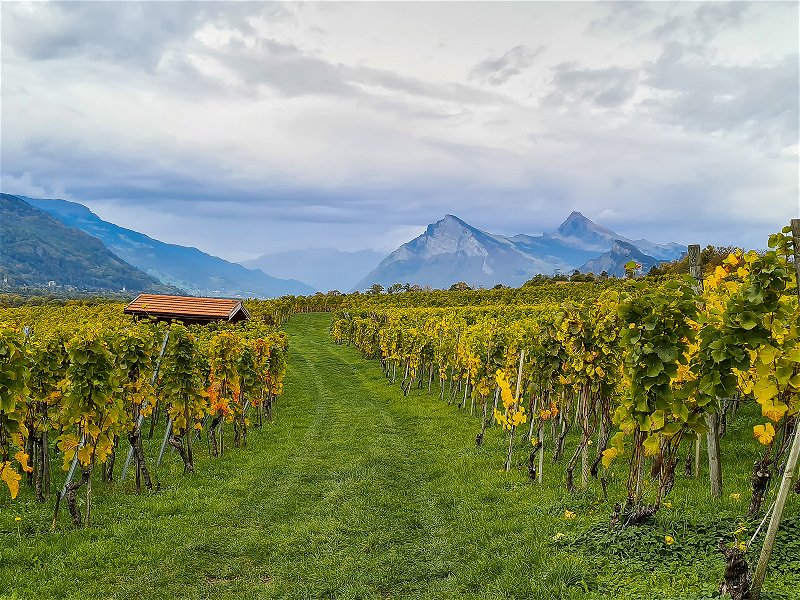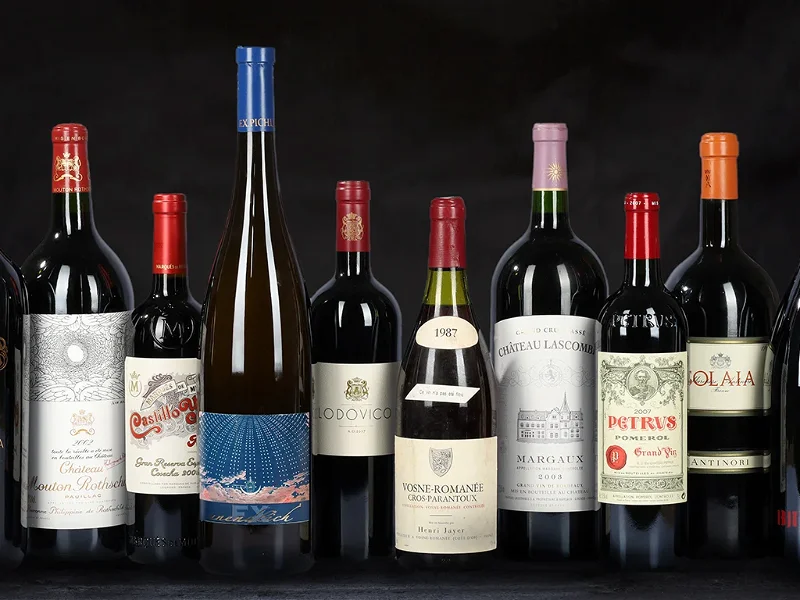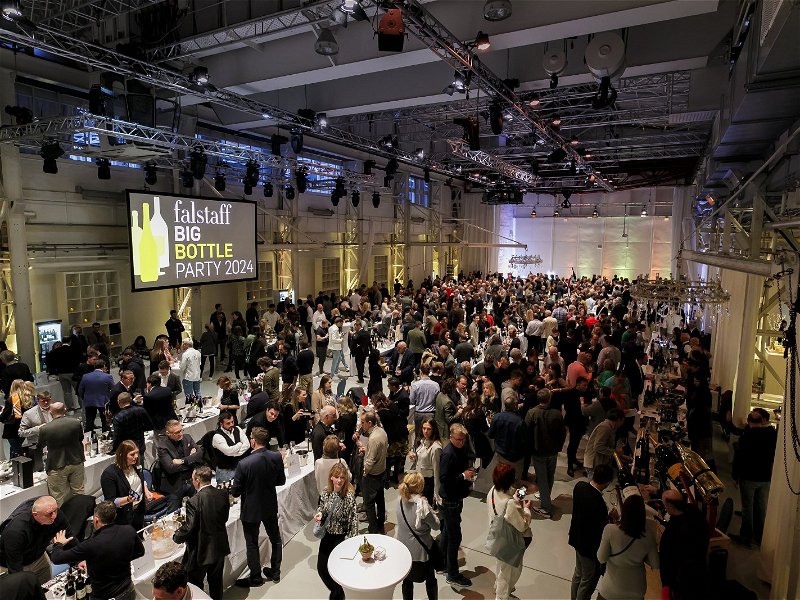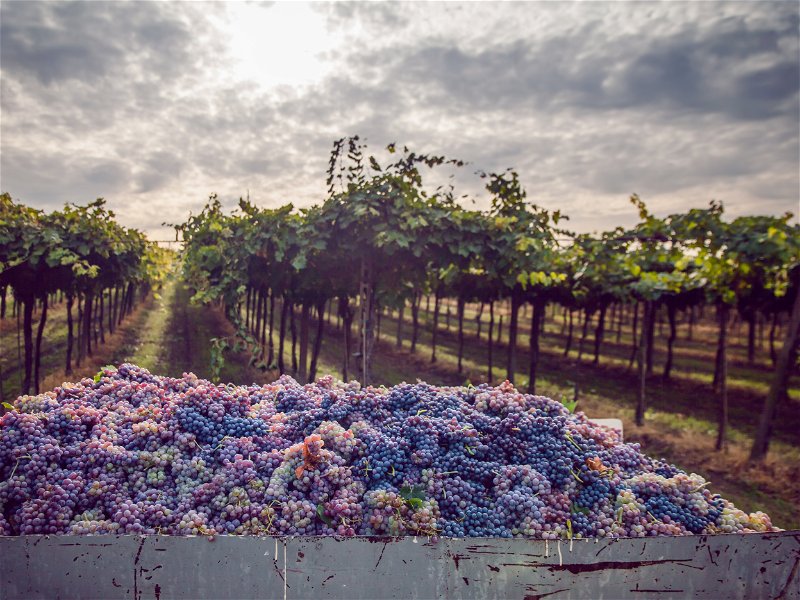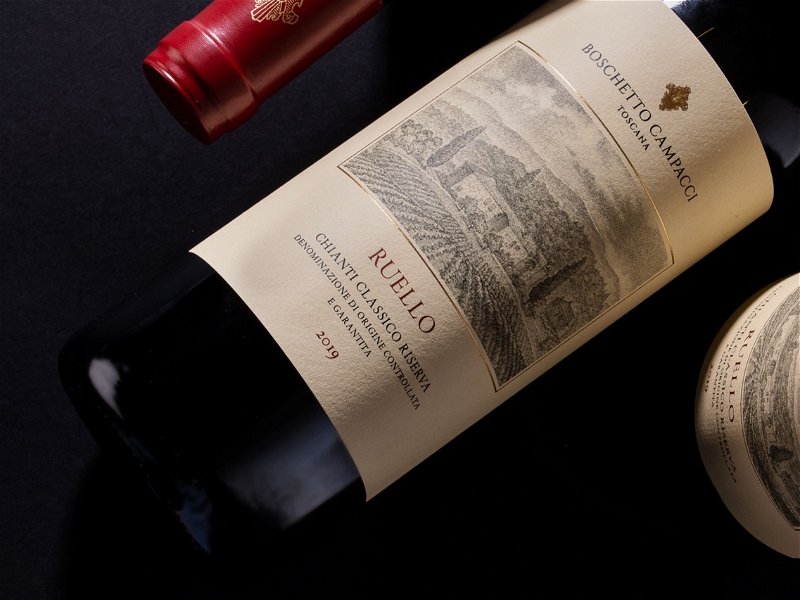Crisis distillation: the EU has come to the aid of the wine industry
Wine fills palates with pleasure, beguiles the senses, and yet it is not having an easy time of it at present. The European wine industry, once proudly an unshakeable foundation of pleasure, is suffering from lower sales, however, the EU is helping out.
The current economic situation is characterised by high living costs, which not only put a strain on consumers’ wallets, but also have an impact on the consumption of wine. At the same time, input costs for agricultural production and wine processing have increased, which inevitably leads to higher wine prices.
RISING WINE STOCKS AND FINANCIAL DIFFICULTIES
These circumstances have caused significant disruption to the EU wine market, with several key producer member states facing rising wine stocks and financial difficulties. But that is not all: global inflation has eroded consumer purchasing power and exacerbated the general downward trend in wine consumption in recent years.
ALARMING FIGURES ACROSS EUROPE
From Spain’s Extremadura to Portugal’s Alentejo region and France's Languedoc-Roussillon, the effects are being felt. The figures are alarming: Italy has seen a seven per cent drop in wine consumption, Spain as much as 10 per cent, France 15 per cent, Germany 22 per cent and Portugal a staggering 34 per cent. Red and rosé wines are particularly affected by this development and winegrowers are suffering the consequences.
WINE SALES AND THE DECLINE IN DEMAND
Wine sales in the current wine year reflect this decline in demand. In some severely affected areas, there has even been a decline of 25 to 35 per cent compared to the previous year. At the same time, EU wine exports in the period January to April 2023 are down 8.5 per cent year-on-year – a sad trend that poses major challenges for the wine industry.
MAKING WINE IS AN EXPENSIVE PLEASURE
Increased input costs for wine production, including fertilisers, energy and bottles, are also contributing to the crisis. Part of this cost increase is due to the war in Ukraine, with an extraordinary increase in production costs, estimated at an average of 30 to 40 per cent in some member states.
Under this pressure, wine producers in the EU have less capacity for marketing activities and investments. The combination of all these factors has led to an overall decrease in demand and sales of EU wines. At the same time, production has increased compared to the previous year and stocks were already high; there is a growing oversupply that needs to be reduced urgently to avoid market disruptions.
CRISES AND OPPORTUNITIES
But in the midst of this crisis lies an opportunity. It is time to find new ways to revitalise the wine market and boost demand, with innovation and creativity becoming the newest allies. Perhaps the solution lies in promoting rare grape varieties or opening up new international markets. The wine industry has proven that it is resilient and can reinvent itself again and again.
THE EU COMES TO THE RESCUE?
One important tool that is now being used is the distillation of the wines most affected by the market crisis. The EU has released a subsidy programme that allows wine producers to distil these wines until October 15, 2023. This distillation is intended to mitigate market disruption and reduce oversupply. The alcohol obtained may not be used as food to avoid distortions of competition, instead, the distillate is used for industrial purposes or as biofuel.
In order to implement the special programme, member states concerned will submit their implementation criteria to the EU Commission by August 31, 2023. This will ensure that the distillation of wines is carried out effectively and fairly. Now it only remains to hope that the EU measures will stabilise the wine market again – in the meantime, it will take a lot of creativity and staying power on the part of the winegrowers.


